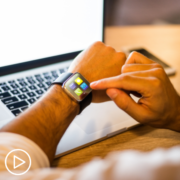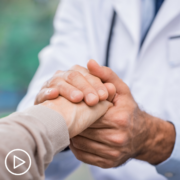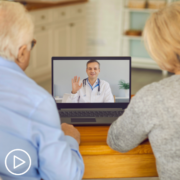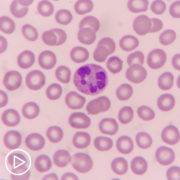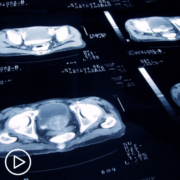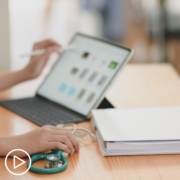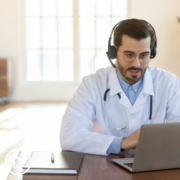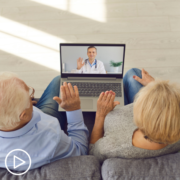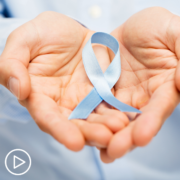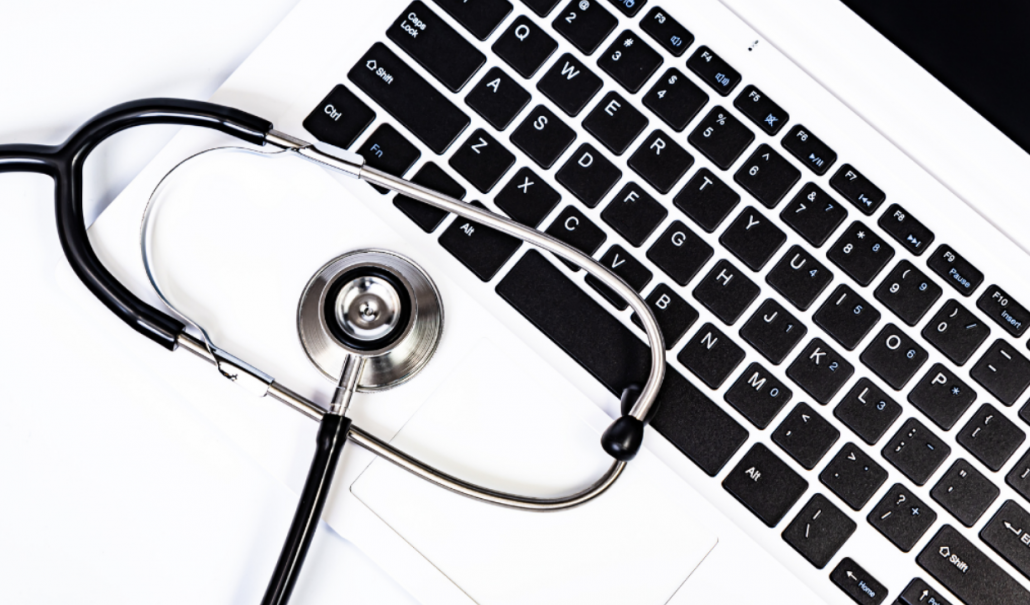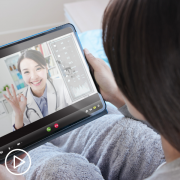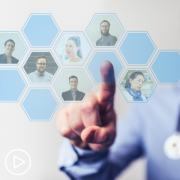Should MPN Patients and Their Families Continue Telemedicine?
Should MPN Patients and Their Families Continue Telemedicine? from Patient Empowerment Network on Vimeo.
Can myeloproliferative neoplasm (MPN) patients still get value from telemedicine? Dr. Kristen Pettit from Rogel Cancer Center explains some of the pros and cons of telemedicine visits and ways to optimize MPN patient care.
See More From the MPN TelemEDucation Resource Center
Related Resources:

|

|
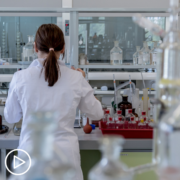
|
Transcript:
Dr. Kristen Pettit:
I think telemedicine has been one of the few good things to come out of the COVID era. There are pros and cons, certainly, some pros are that patients can have increased access to their physicians and their medical teams, particularly the MPN specialty centers that might not be right in their backyard. It’s great, it’s a great way to be able to stay in touch with an MPN specialist.
The less travel, less waiting in a waiting room. Those are all great things, the cons, the downsides to keep in mind are that virtually we can’t feel for spleens, so it’s difficult to tell if the spleen is starting to get enlarged. There can also be some logistical challenges getting blood counts drawn and interpreted before a telehealth visit. But with those minor challenges, I think telemedicine is here to stay, and I think it’s an important part of the care for patients with MPNs.
Remote monitoring is very important for patients with MPNs, really the most important thing, in my opinion, for patients with MPNs being monitored over time is for them to keep an eye on their symptoms over time, watching for any changes in their bodies that they may feel as far as their spleens feeling more enlarged or feeling more full, or losing weight unexpectedly, feeling more fatigued, any of their MPN symptoms getting worse. All of those are easy to monitor at home, virtually, and to report back to your physician over telehealth or at routine visits.

